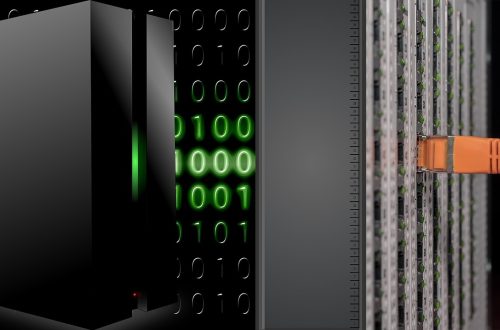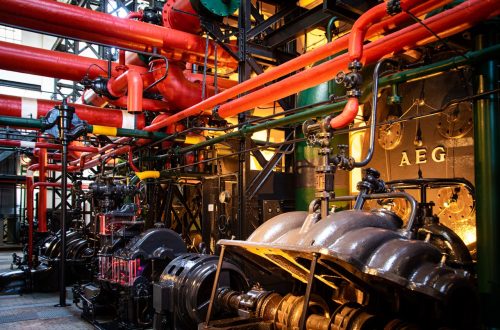
The Human Resources (HR) team plays a crucial role within any organisation. It acts as the bridge between a company’s management and its employees and is responsible for a broad range of functions that are all pivotal to the smooth running of the business. Here are the key roles and responsibilities of an HR team:
Recruitment and Staffing
HR teams are tasked with creating job descriptions, advertising vacant positions, conducting interviews, and selecting candidates. They ensure that the company attracts, hires, and retains the best talent while maintaining a fair and consistent selection process.
Training and Development
They assess the skills and knowledge within an organisation and determine what training is needed to grow and retain these skills. Training programmes are devised and implemented by HR to boost employees’ performance in their current roles and to develop their capabilities over time.
Performance Management
HR is responsible for ensuring employees’ performance contributes positively to the company’s goals. This may involve developing clear job descriptions, setting performance metrics, conducting appraisals, and facilitating feedback between employees and managers.
Policy Formulation
HR develops and implements policies for managing human capital within the organisation. These policies cover disciplinary actions, grievance procedures, equal opportunities, employee promotion, dismissal processes, and many other aspects of employment.
Employee Relations
Building strong relationships with employees is a vital function of HR. They handle staff problems and troubleshoot conflicts, ensuring workplace relations comply with legal and ethical standards.
Compensation and Benefits Management
The HR team designs and oversees compensation structures and benefits programmes. This includes wages or salaries, healthcare, pensions, bonus schemes, and other employee benefits.
An HR advisor keeps up to date with relevant employment and equality legislation, provides advice and guidance, fulfils various HR functions, writes policies, procedures and reports, engages people, maintains confidential records, etc.
Compliance with Labour Laws
HR ensures that all employment practices comply with federal, state, and local regulations. This involves keeping up with changes in employment law and updating company policies accordingly.
Health and Safety
HR is also often responsible for maintaining a safe work environment that complies with all the legal requirements and actively promotes the well-being of staff.
Employee Records Management
HR manages a range of personnel records which include personal details, employment history, holiday and sick leave accruals, training logs, and much more.
Strategic Management
HR plays a strategic role in managing people and the workplace culture and environment. They align HR strategic plans with those of the organisation, ensuring that the company can achieve its broader goals.
Overall, HR is a multifaceted department with responsibilities that cut across all areas of an organisation. It plays a crucial role in various operations, from legal compliance to staff motivation and operational strategy. Their ultimate goal is to ensure that an organisation’s most valued asset—its people—is facilitated to contribute effectively and productively towards the achievement of the company’s strategic goals.




